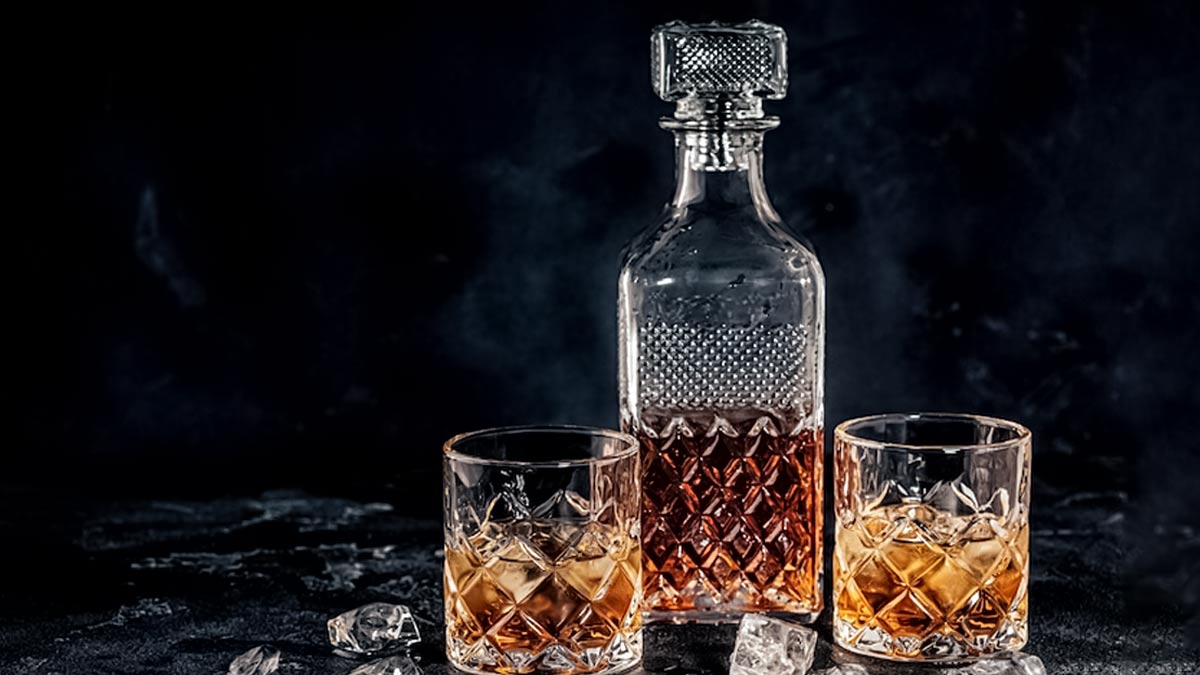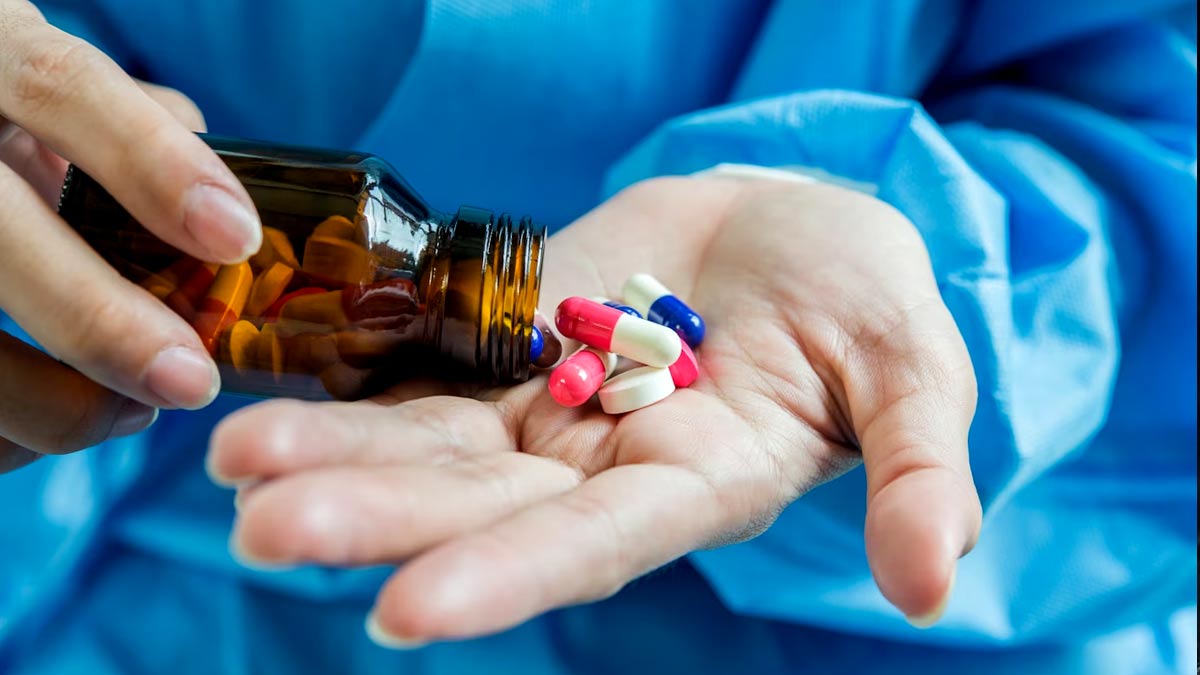
You may be familiar with the warning that you should not consume alcohol while taking antibiotics. However, sometimes it's hard to get out of social obligations, and each one of us, at some point or the other, has neglected this warning.
Table of Content:-
However, as per Antibiotic Research UK, avoiding alcohol while taking antibiotics is a good idea, as alcohol can elevate the side effects of antibiotics and delay how quickly you recover from illness by diminishing the impact of antibiotics.
Dangers of Mixing Alcohol and Antibiotics
While speaking to the team of OnlyMyHealth, Dr Dhiman Kahali, Director, Interventional Cardiology, BM Birla Heart Research Centre, Kolkata, said, “Alcohol with antibiotics can be a dangerous mix. The main concern with consuming alcohol while on antibiotics lies in the potential interaction between the two substances. It's best to wait until you finish your antibiotic course before you have an alcoholic drink.” He shared the ill effects of consuming alcohol while taking your course of antibiotics:
Reduced Effectiveness of Antibiotics

Alcohol consumption may weaken the immune system and reduce the body's ability to fight the disease, rendering the antibiotics less potent. The decreased potency of antibiotics is often tackled by prolonging the course of antibiotics, which could result in the development of antibiotic resistance.
Also Read: Antibiotic Resistance: Reason, Effect, How To Tackle
Getting enough rest and a nutritious diet is crucial in recovering from a sickness or infection. Drinking alcohol interferes with these factors. Alcohol also interferes with the body’s natural absorption of vital nutrients and increases blood sugar, resulting in diminished energy levels. All these factors can damper the body's ability to heal from infection and prolong the healing effect of the antibiotic.
Increased Risk of Side Effects
Antibiotics can have several side effects in some people, such as nausea, dizziness, drowsiness, vomiting, and diarrhoea. Consuming alcohol, especially in the case of excessive drinking, can exacerbate these side effects.
Impact on Liver Function
The liver metabolizes both alcohol and antibiotics. Consuming alcohol while taking antibiotics can strain the liver, potentially leading to liver damage or impairing the organ's ability to process medications effectively, leading to adverse side effects.
Impact on Heart Function

Mixing alcohol and antibiotics can cause increased heart rate or irregular heartbeat, tachycardia, arrhythmia, and sometimes atrial fibrillation. Chronic drinking also has a depressing effect on the heart. Combined with antibiotics, it can increase your chances of damaging your heart muscles.
Also Read: Antibiotic Misuse: When Should You NOT Take Them And Why?
Variability in Interaction
Some antibiotics interact more vigorously with alcohol, while others may have little to no interaction. Always consult your healthcare provider or pharmacist for specific information about the antibiotics you are prescribed.
Drinking Guidelines While Taking Antibiotics
Dr Kahali informed us that the effects of consuming alcohol while on antibiotics can vary depending on the specific antibiotic and the amount of alcohol consumed. However, it is generally advisable to avoid alcohol during antibiotic treatment to ensure the maximum effectiveness of the medication and to prevent potential complications or adverse reactions. For additional precaution, avoid alcohol entirely at least 72 hours before and after your antibiotic course.
He also warned us to be mindful of certain mouthwashes or cold medicinal syrups as they contain alcohol. If your healthcare provider allows occasional alcohol consumption while on antibiotics, it's essential to drink in moderation and avoid excessive alcohol intake.
Also watch this video
How we keep this article up to date:
We work with experts and keep a close eye on the latest in health and wellness. Whenever there is a new research or helpful information, we update our articles with accurate and useful advice.
Current Version